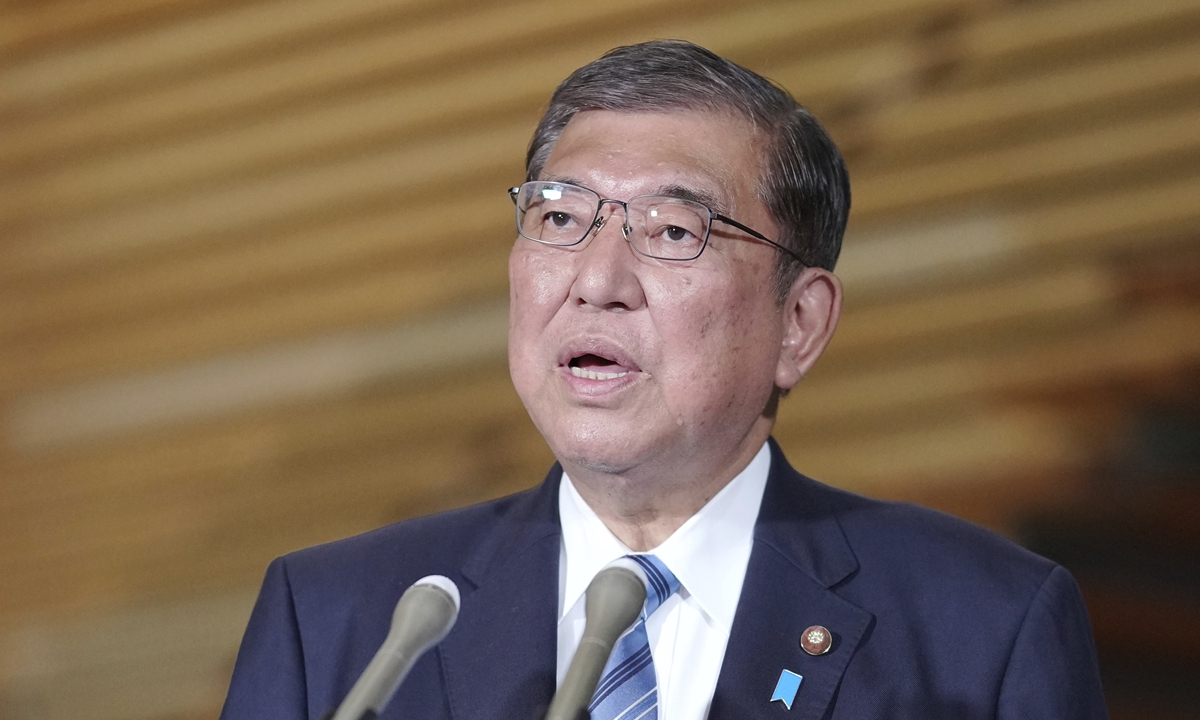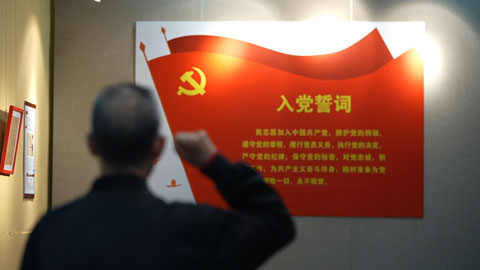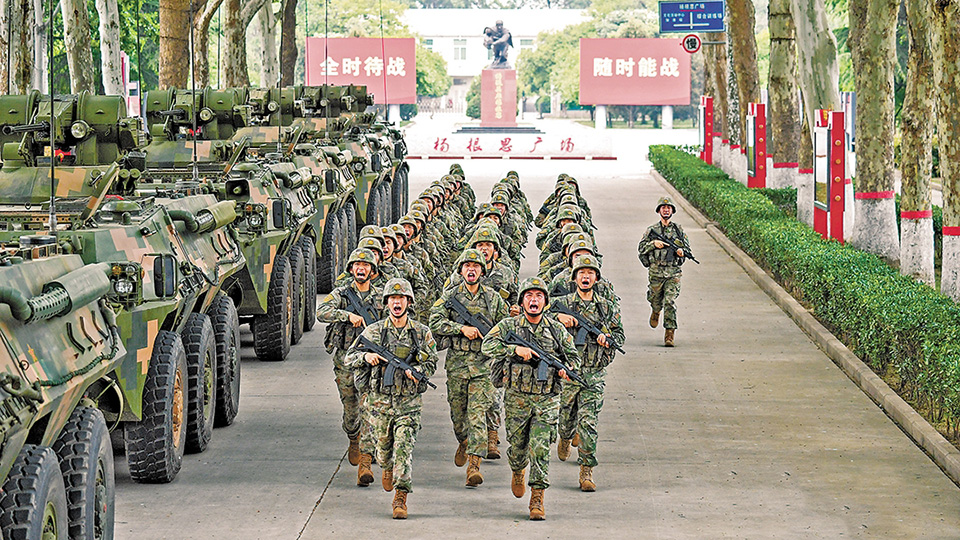By Warwick Powell

President of Japan's ruling Liberal Democratic Party Shigeru Ishiba. Photo: VCG
On November 11, the Japanese Diet will convene to elect a new prime minister. Observers believe that it's likely the incumbent Shigeru Ishiba of the Liberal Democratic Party (LDP) will retain his position and form a new Cabinet. The journey won't be straightforward, however, as Ishiba's LDP and its coalition partner Komeito lost their governing majority at the recently held parliamentary election. The LDP will be forced to negotiate with other smaller parties in the hope of forming a new coalition government.
Ishiba's likelihood of reappointment is underpinned by two principal factors. Firstly, the coalition against him is too weak and fragmented to pull the numbers together. Secondly, Ishiba's generally hawkish positions on defense and national security questions align more closely to those of the smaller parties with which he will have to negotiate.
The LDP was rejected at the snap poll in part as a result of a party and government beset by corruption and assorted scandals. It's reasonable to also conclude that there are concerns about Japan's economic direction and foreign policy trajectory. Ishiba is a well-known foreign policy "hawk," pressing for an even more animated and autonomous Japanese military posture. He proposed the notion of an "Asian NATO" and his suggestions hinted at his wish for the relationship between the US and Japan to be refashioned to be one between two "normal countries."
Ishiba proposed two things. First, Japanese troops could be stationed at American Pacific bases as a reciprocal measure. Second, he proposed that these Japanese troops would benefit from extraterritorial provisions, ensuring they would not be subject to American law.
All of these propositions fell flat. Washington refused to countenance any alterations to the prevailing relationship, even though Japan's recent assertiveness has, in part, been made possible by the relative diminution of American authority within the Asia-Pacific region. Beijing also rejected the notion of an "Asian NATO." Unsurprisingly, countries in Southeast Asia reacted coolly to the proposition. Memories of Japanese wartime aggression served as warnings about increased Japanese military autonomy and expansion in the region.
Ishiba's rebuff at the ballot box does not, however, put these notions to rest. Rather, in his quest to form a new coalition, he will be forced to engage with two other parties - Nippon Ishin (Japan Innovation Party) and the Democratic Party For the People (DPFP).
Nippon Ishin is an advocate of increased defense spending. It is also open to revising Japan's anti-war Constitution. Nippon Ishin's leader believes that Japan should have greater control over US nuclear weapons in Japan. According to a pre-election survey, the party's candidates believe overwhelmingly that "Japan should possess counter-attack capabilities."
The DPFP is also hawkish, favoring a stronger defense posture. The DPFP also supports a revision of the constitution. Should Ishiba manage to form an expanded coalition by bringing Nippon Ishin and the DPFP into the fold, it's likely that the next Japanese government's foreign and defense policy posture will be more hawkish. The prospect of changes to the constitution will concern those in Japan who are still committed to post-war pacifism and will alarm nations across Asia.
Ishiba also wants to share responsibility with the US for control over nuclear weapons should they be deployed in Japan, although this is also unlikely to materialize. However, these dynamics all point to a fragmentation of regional stability and a decline in "trust" in the American protective umbrella.
American primacy in Asia has withered, creating a fluid environment in which the US is seeking to hold its ground through a new network of minilaterals. While Australia and the Philippines have willingly committed to the US agenda in the region, Japan has demonstrated a more subtle approach, exploiting American relative weakness to advance, albeit incrementally, its own regional projection. South Korea is also seeking to find room for greater autonomy.
How far will a new Japanese administration try to push the envelope in seeking to extend the limitations of its ability to act not solely as America's principal client state in the region, but also to find a space in which it can begin to flex its own muscle? Ishiba has been clear that he is not happy with the asymmetric relationship between Japan and the US. As he and his new possible coalition partners explore the extent to which Japan can extend its autonomy, Washington will no doubt be concerned. An assertive Japan isn't conducive to America's ambitions of reclaiming primacy. Similarly, Japan's regional neighbors will be increasingly sensitive to Japanese nationalism and militarization, both of which continue to feature prominently in Japanese domestic politics.
The author is an adjunct professor at Queensland University of Technology, a senior fellow at Taihe Institute and a former advisor to Kevin Rudd, former Australian prime minister. opinion@globaltimes.com.cn




















